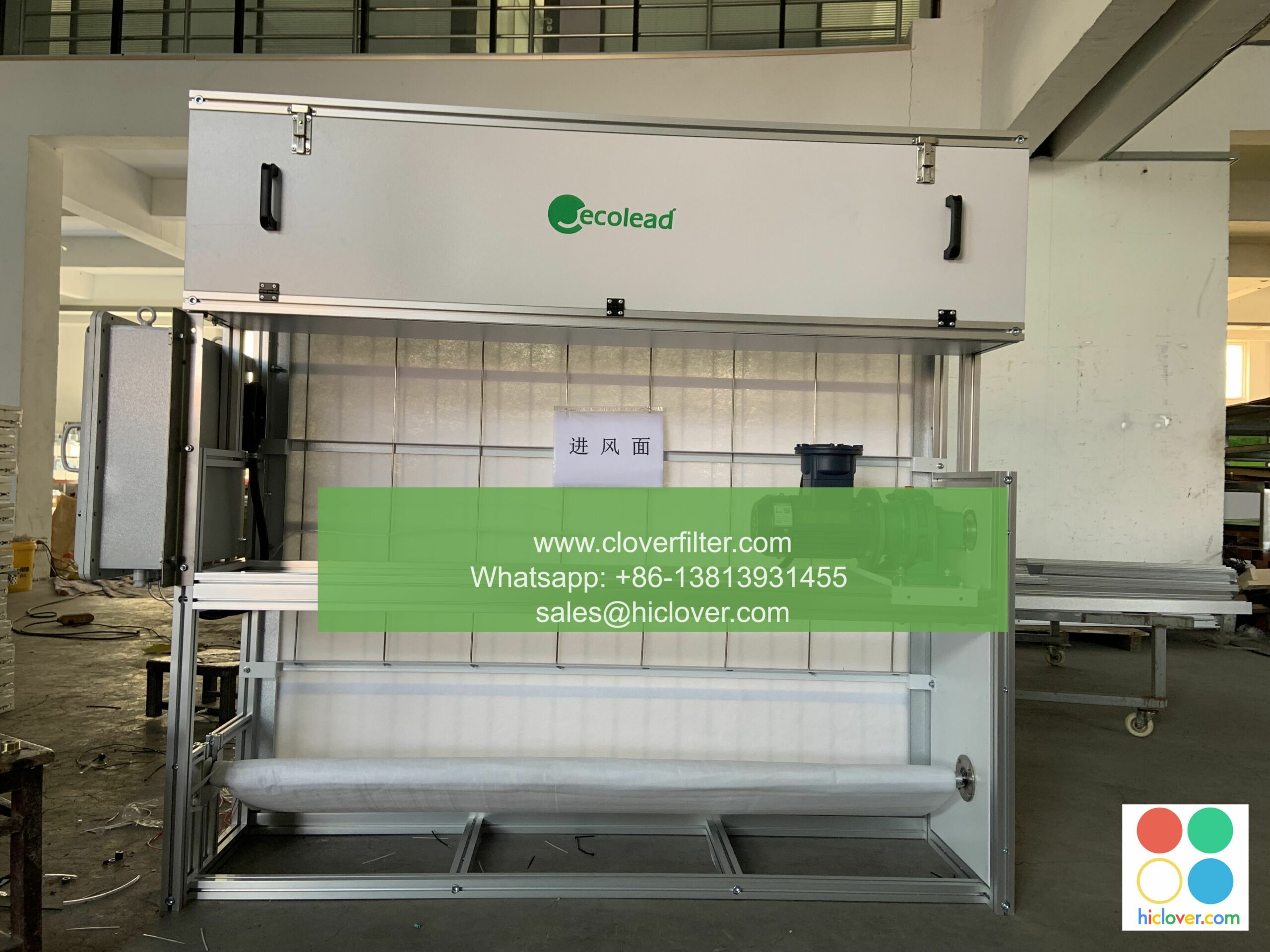Introduction to Fiberglass: The Most Common Air Filter Material

Introduction to Fiberglass: The Most Common Air Filter Material
What is Fiberglass?
Fiberglass is a type of synthetic fiber made from glass fibers that are woven together to form a mesh-like material. It is one of the most widely used materials in air filters due to its unique properties, which make it an effective and efficient filtering medium.
Properties of Fiberglass
Fiberglass has several properties that make it an ideal material for air filters:
- High Surface Area: Fiberglass has a large surface area, which allows it to capture a high volume of airborne particles, including dust, pollen, and other contaminants.
- Low Pressure Drop: Fiberglass filters have a low pressure drop, which means they do not restrict airflow significantly, making them suitable for use in a wide range of applications.
- Chemical Resistance: Fiberglass is resistant to chemicals and moisture, making it a reliable choice for use in harsh environments.
- Affordability: Fiberglass is a relatively inexpensive material, making it a cost-effective option for air filtration.
Applications of Fiberglass
Fiberglass is widely used in various applications, including:
HVAC Systems
Fiberglass filters are commonly used in heating, ventilation, and air conditioning (HVAC) systems to remove airborne contaminants and improve indoor air quality.
Industrial Applications
Fiberglass filters are used in industrial settings to remove particulate matter from process air, reducing the risk of contamination and improving product quality.
Automotive Industry
Fiberglass filters are used in the automotive industry to clean the air intake system, improving engine performance and reducing emissions.
Aerospace Industry
Fiberglass filters are used in the aerospace industry to remove contaminants from air supply systems, ensuring the health and safety of passengers and crew.
Food Processing Industry
Fiberglass filters are used in the food processing industry to remove airborne particles and contaminants, ensuring the quality and safety of food products.
Conclusion
Fiberglass is a versatile and effective material for air filters, offering a range of benefits that make it an ideal choice for various applications. Its high surface area, low pressure drop, chemical resistance, and affordability make it a reliable and cost-effective option for industries and individuals alike. Whether you’re looking to improve indoor air quality, reduce emissions, or ensure the quality of food products, fiberglass filters are an excellent choice.
I’m happy to help! However, I need a bit more information from you. Could you please provide a prompt or a topic you’d like to discuss? It could be a question, a theme, a question, or even a fun conversation starter! I’m here to listen and help in any way I can. What’s on your mind?

